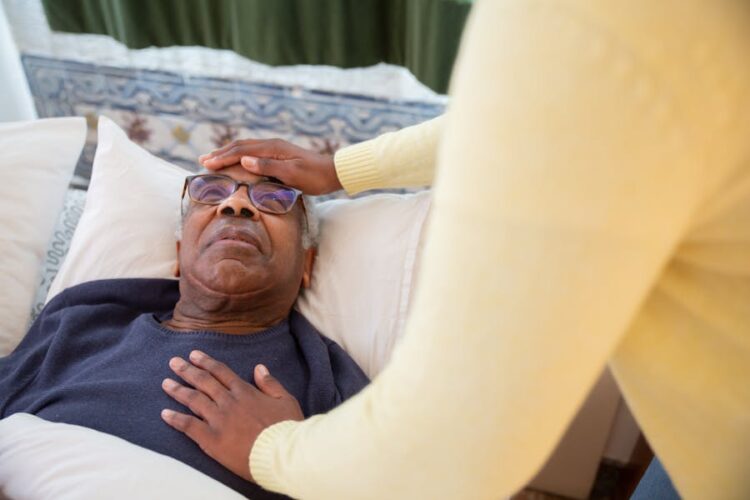When families entrust their elderly loved ones to nursing home care, they expect compassionate, professional treatment. Unfortunately, nursing home neglect remains a serious concern across Atlanta and Georgia. Understanding how to identify, document, and legally prove neglect is crucial for protecting vulnerable residents and holding facilities accountable for substandard care.
Understanding Nursing Home Neglect Under Georgia Law
The Legal Definition of Neglect in Long-Term Care Facilities
Nursing home neglect occurs when facilities fail to provide essential care that residents need to maintain their health, safety, and well-being. This includes failing to provide basic needs such as adequate nutrition, hydration, medical attention, personal hygiene, and a safe living environment.
Under Georgia law, nursing homes must have intervention strategies and regularly monitor services to prevent neglect and abuse. It is important to distinguish neglect from other types of harm. While abuse involves intentional acts causing harm, neglect specifically refers to a failure to meet established standards of care that results in harm or increased risk to residents.
Common Examples of Nursing Home Neglect
Neglect can take on many forms throughout long-term care facilities. Physical forms of neglect include:
- Bedsores and pressure ulcers from inadequate repositioning
- Untreated infections due to poor wound care
- Dehydration and malnutrition from missed meals
- Medication errors or missed doses
Proving Neglect is Challenging Without Legal Guidance
Nursing Homes Deny Responsibility
Nursing facilities frequently use defensive strategies to avoid liability. Common tactics include blaming pre-existing conditions, claiming residents are non-compliant with care plans, or attributing injuries to natural aging processes. These facilities often have legal teams ready to challenge neglect claims.
Residents May Be Unable or Afraid to Speak
Nursing home residents are often unable to report neglect. Cognitive decline, dementia, or communication difficulties may prevent residents from talking about their treatment. Residents may fear retaliation, isolation, or transfer to less desirable facilities if they complain about care.
Steps to Take If Neglect Is Suspected
Report the Issue to Authorities
As soon as signs of neglect are evident, families must inform the care facility. If conditions do not improve families must take immediate steps to report the treatment by:
- Contacting Georgia’s Department of Community Health.
- Reporting to Adult Protective Services for investigation.
- Document all communications and responses.
- Contact law enforcement if criminal neglect is suspected.
Speaking to a Georgia Elder Abuse Attorney
Legal counsel specializes in preserving evidence and building strong neglect cases. Atlanta nursing home abuse lawyer understand Georgia’s specific statutes governing nursing home care and can navigate complex legal procedures effectively.
Time limits are critical in neglect cases. Georgia’s statute of limitation requires action within specific time frames, making prompt legal consultation essential for protecting your rights and preserving evidence of neglect.
Advocacy Begins with Awareness and Action
Timely intervention can prevent further harm and protect other vulnerable residents. Families who suspect neglect should act immediately to document conditions, report concerns, and seek legal guidance.
Legal accountability serves a dual purpose: securing justice for your loved one while encouraging facilities to improve care standards. Through diligent advocacy and proper legal channels, families can ensure nursing homes provide the quality care their residents deserve and need.










